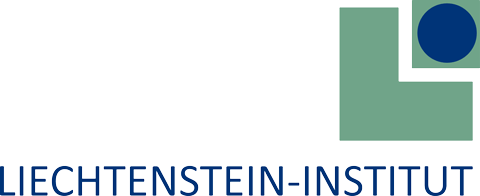Marxer, Wilfried (2022): Direct Democracy at the Local Level: Liechtenstein. In: Christophe Emmanuel Premat (Hg.): Direct Democracy at the Local Level. Hershey, PA: IGI Global, S. 20–40.
Abstract
Municipalities of Liechtenstein enjoy a considerable degree of autonomy. There are matters which, according to the Municipality Act, must be decided by the entirety of the municipality’s citizens who are entitled to vote. Furthermore, a referendum can be held against decisions of the municipal council by collecting signatures, or a popular vote on certain issues can be triggered through a citizens’ initiative. In such ballots, citizens who are entitled to vote and reside in the municipality are admitted. In case of votes on the naturalisation of foreign nationals, only those who are resident in and have citizenship of the municipality in question are entitled to vote. Votes on naturalisation are more frequent than votes on matters of substance. Initiatives at municipal level, on the other hand, are rare. Municipal citizens can also exert direct influence at national level. Direct democratic instruments at national level can be taken by a nationwide collection of signatures or three or four identical municipal resolutions.
https://www.igi-global.com/book/direct-democracy-practices-local-level/262495








